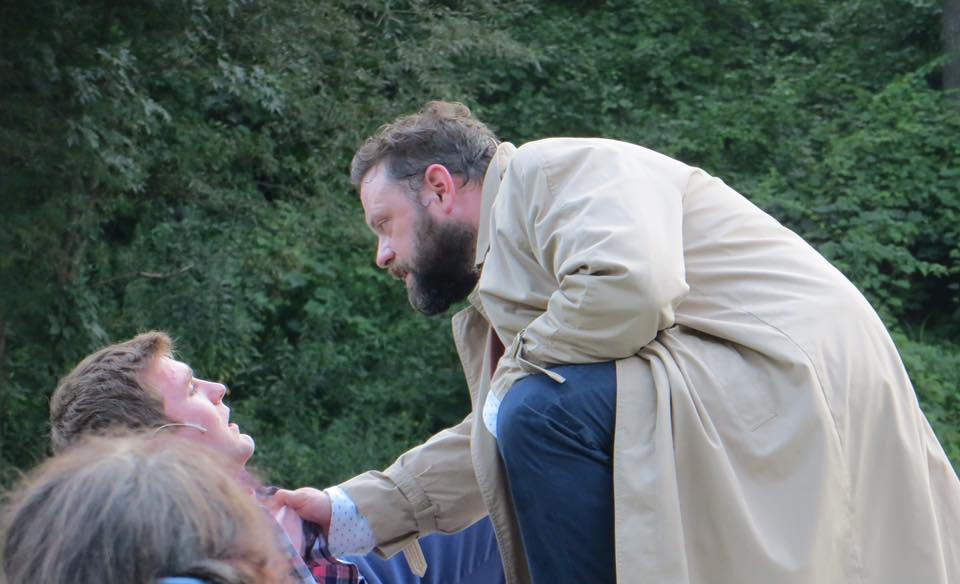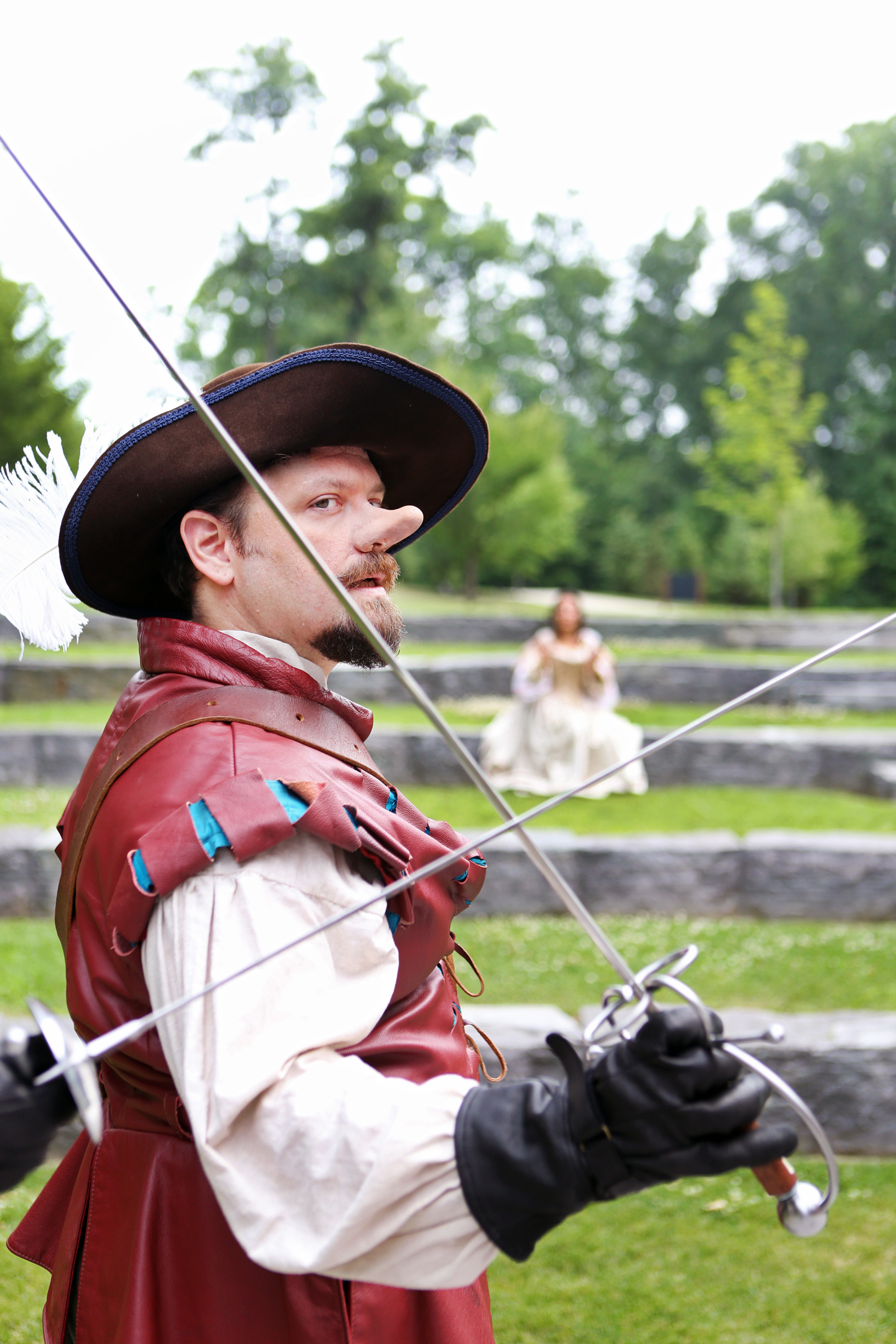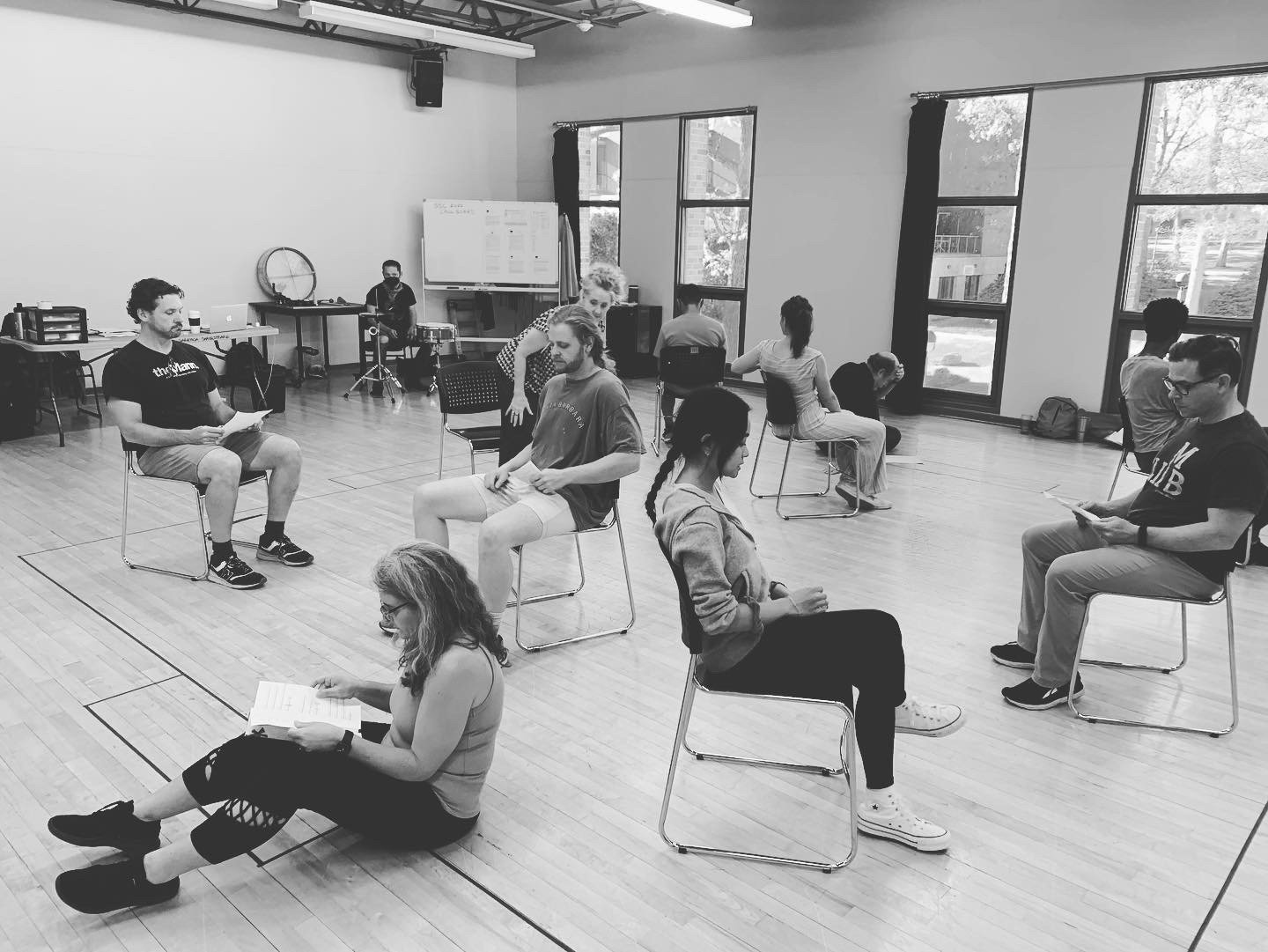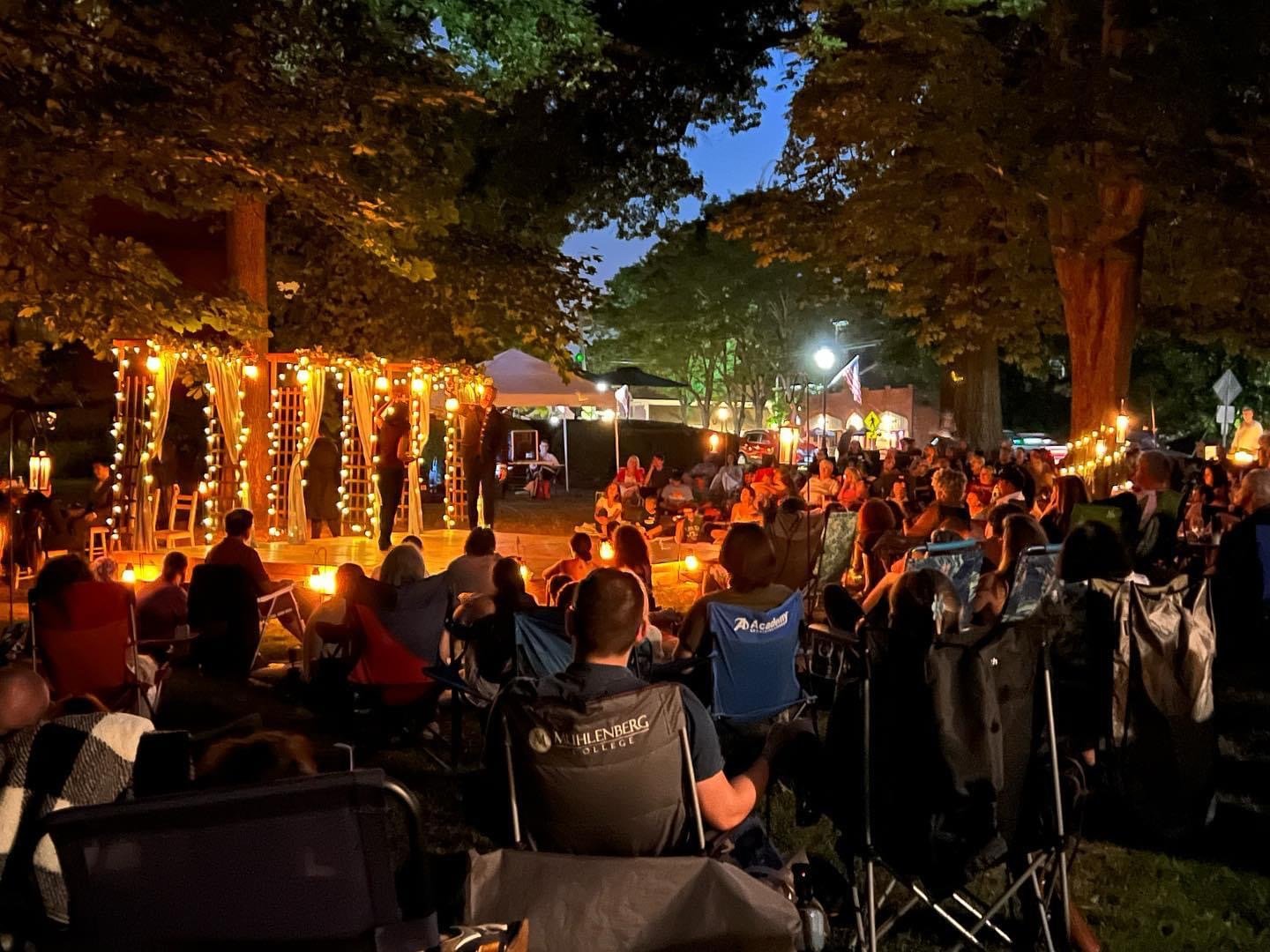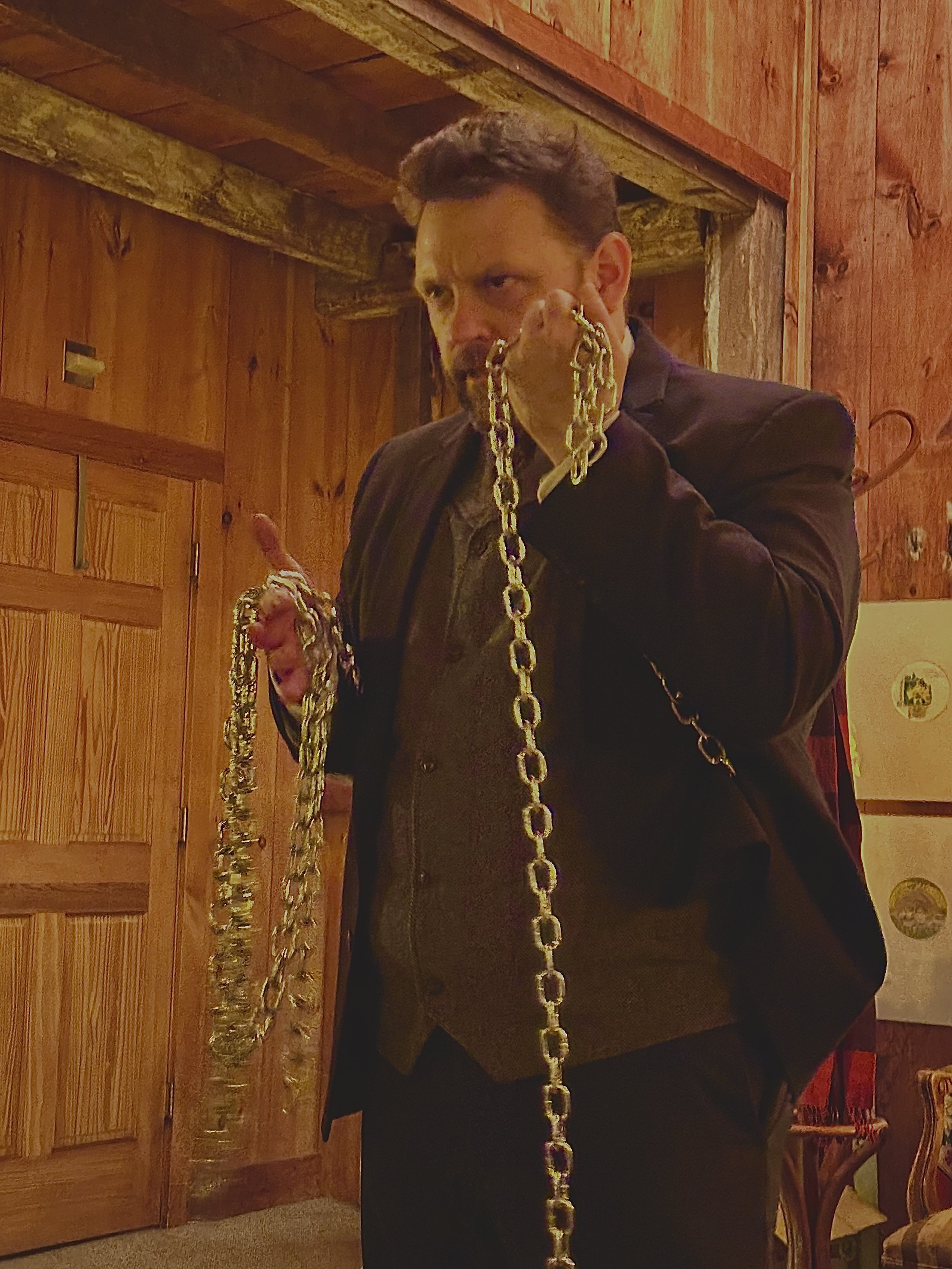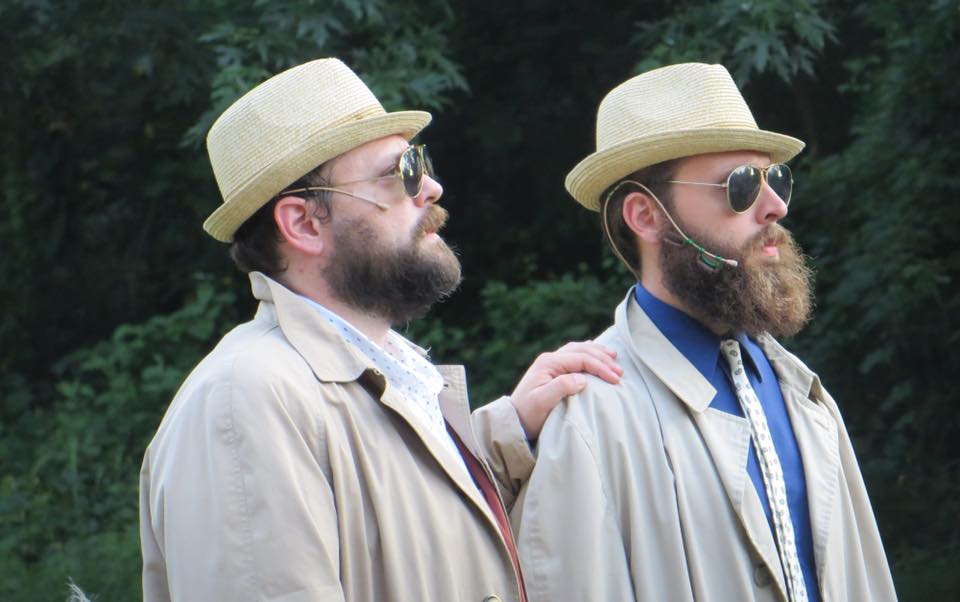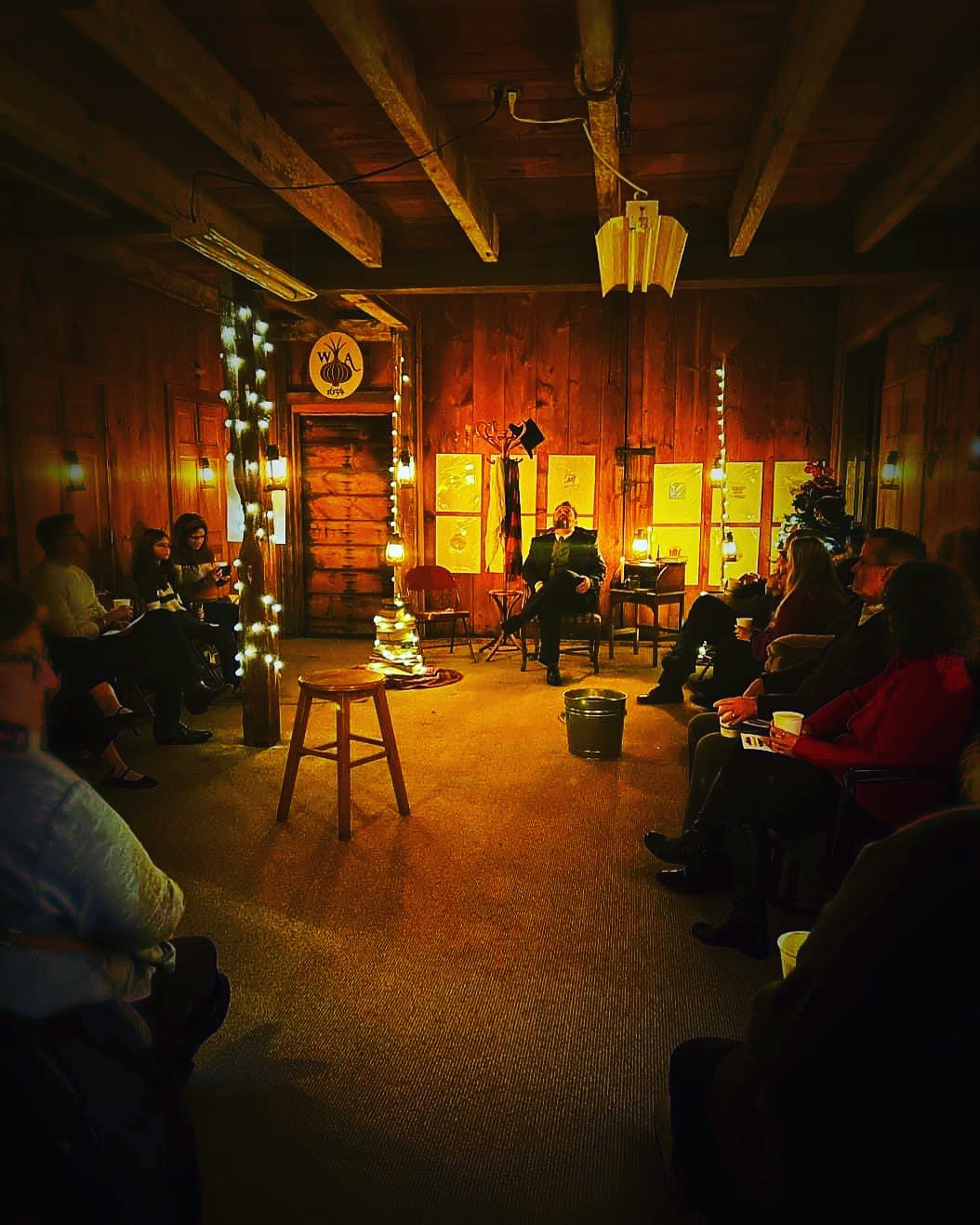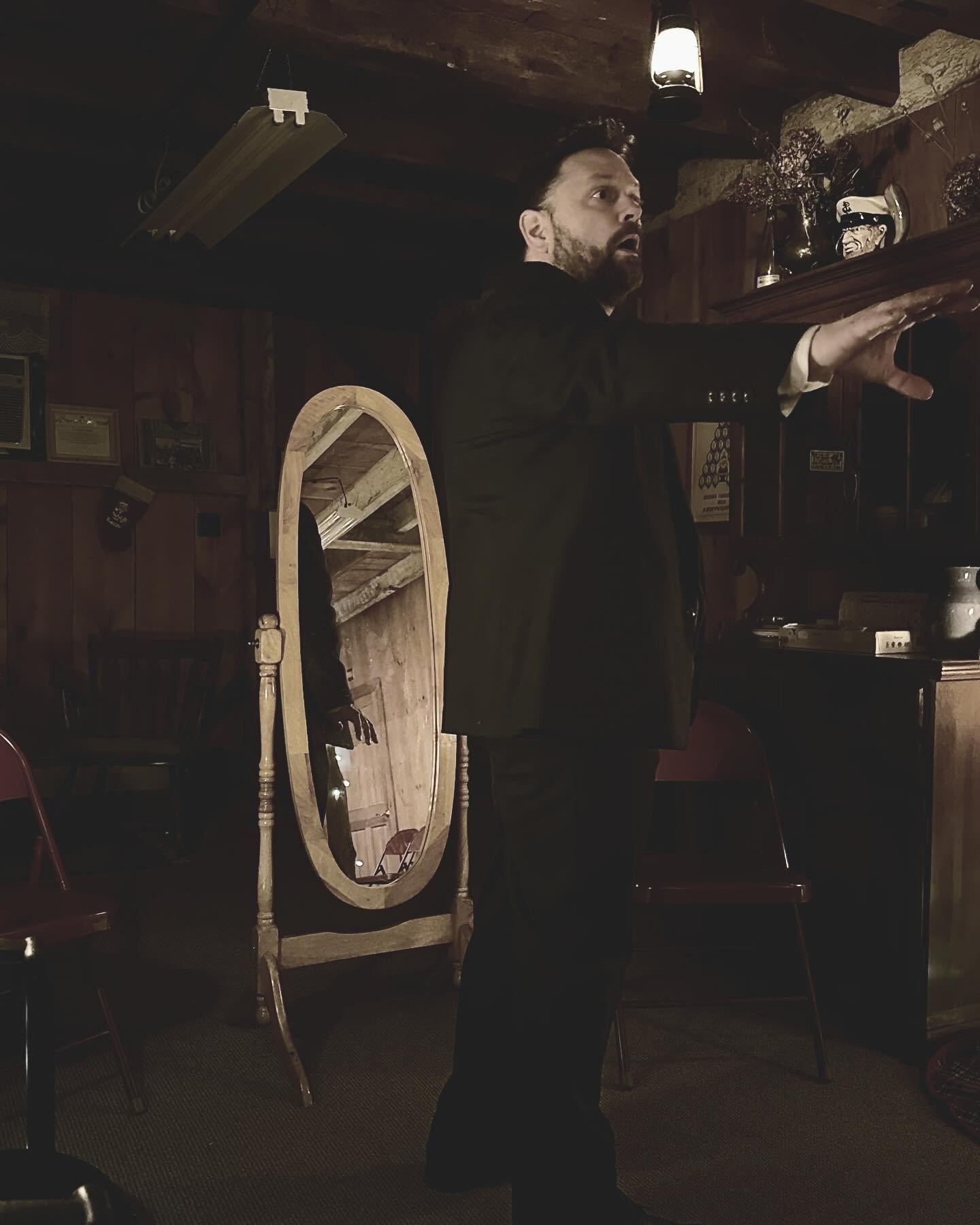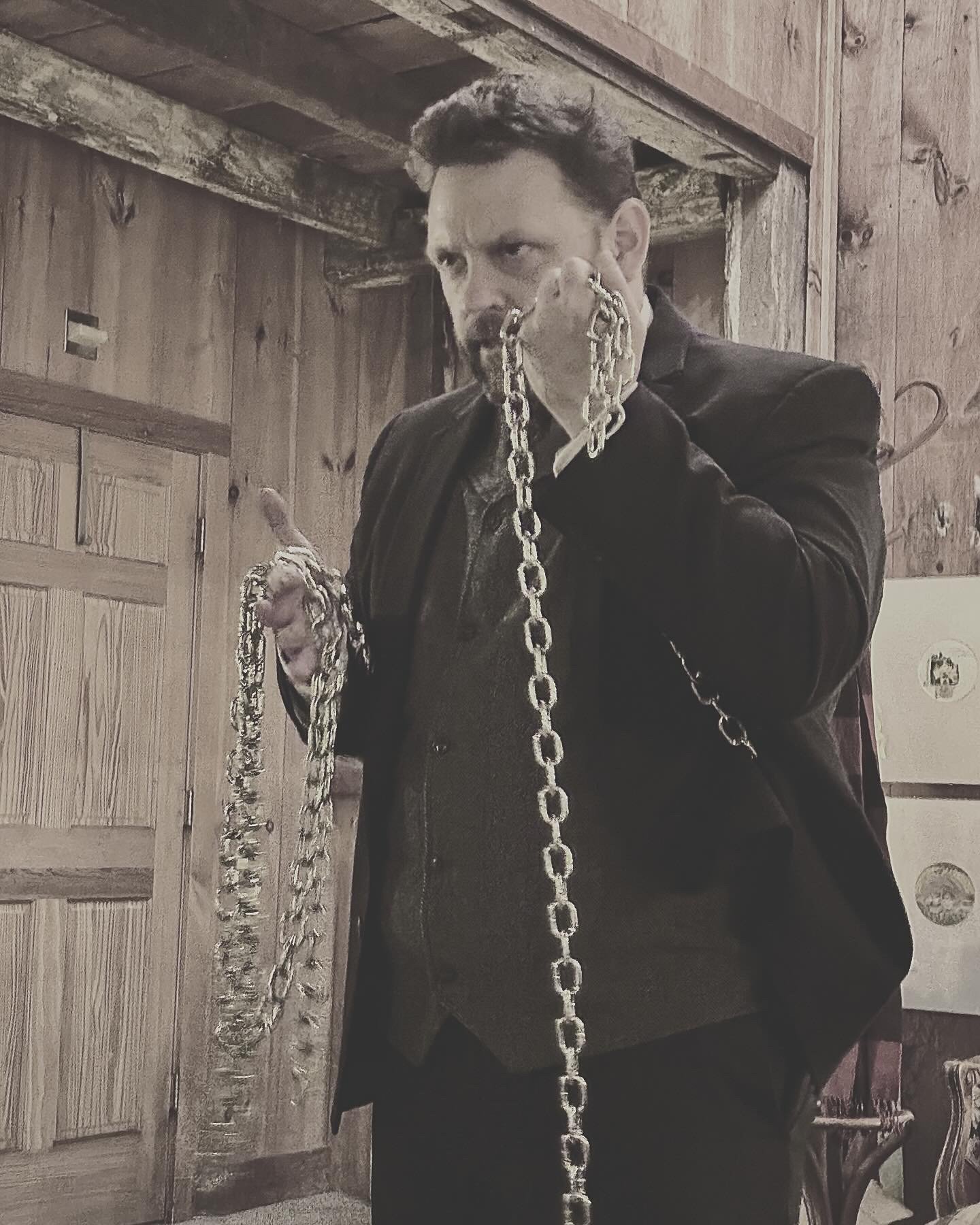I am an experienced and seasoned leader in the non-profit sector. In the midst of a pandemic I founded a non-profit 501(3)(c) professional theatre (Time’s Fool Company) with $125.
Move forward several years and we have grown exponentially and are a thriving arts organization with a plan for measurable and sustainable growth. Our audience has grown over 60% from one year to the next and each year our program offerings increase.
Growth like that only comes from successful budget management, skilled fundraising, and passionate leadership.
I believe that theatres must do more than put on plays. They should be a resource for the community and engage through a variety of programs.
I stand firm in my belief that non-profits must be good stewards of, and serve the public. We exist to benefit the public.
Prior to my work with Time’s Fool Company I produced work off-off Broadway with Dark Luna, focusing specifically in new works for the American Theatre.
With over ten years experience in higher education I’ve held various leadership roles along the way. A few years ago I served as the Interim-Head of Performance at the University of Nebraska - Lincoln/Johnny Carson School of Theatre and Film. While there I also created, budgeted, and ran a study abroad program based out of Shakespeare’s Globe/Globe Education. While in residence, the students also studied with Complicité and Frantic Assembly.
As a director I’ve led over 30 productions with budgets ranging from 10K - 100K often leading teams of 30 + individuals.
As a non-profit leader I believe in community and continuing education, that’s why I’m a part of Joan Garry’s Non-profit Leadership Lab. It’s one of the single best investments I’ve ever made. The theatre needs to stop thinking it’s different from other non-profits. It’s not. And the quicker we understand that there is much to be learned, the better off we as an industry will be.
The American Theatre is at a time and place of great reflection and self-examination. I believe we need to listen to our stakeholders. We should sit down one-on-one with current subscribers and have meaningful conversations. We should seek out and sit down with past subscribers and ask them to engage with us in conversation. Let’s interrogate the subscriber model. It is working? Is it working for your organization? Should we move to a “theatre pass” model or a membership model? These are all things to consider at this present moment.
I believe the future of the American theatre is investing in people over spaces.
I believe theatres need to work locally to change the conversation nationally and globally. If you engage in new work, how are you serving local writers? Finding, creating, and fostering the stories that matter most locally should be the function of a regional theatre. How are your youth programs? If you have a teen playwriting program, how many of their plays are you producing and workshopping with professionals? Programs like that can transform lives. How much of your hiring (casting, craftspeople, artisans, and designers) is focused on local artists? There has to be a local creative economy and theatres need to serve it and be a part of it.
Furthermore, are you actually leaning into your mission and making it manifest? Does your mission give your organization a point of view on the art it’s making? If not, it might be time to examine your mission. The mission should be a starting point as to why folks should patron and make your organization a priority.
How accessible is your space? Does it, or can it function as a third space for your community? Is is inclusive and inviting to a variety of folks? Are ticket costs our of reach for theatre to be a regular habit? Should you consider touring within your region to reach the folks you want to reach? Ask yourselves, what can be improved?
And lastly, how much of your work is multigenerational? If your mission doesn’t make space for that, cool. But if it can, you should. It’s an investment in your organization’s future.



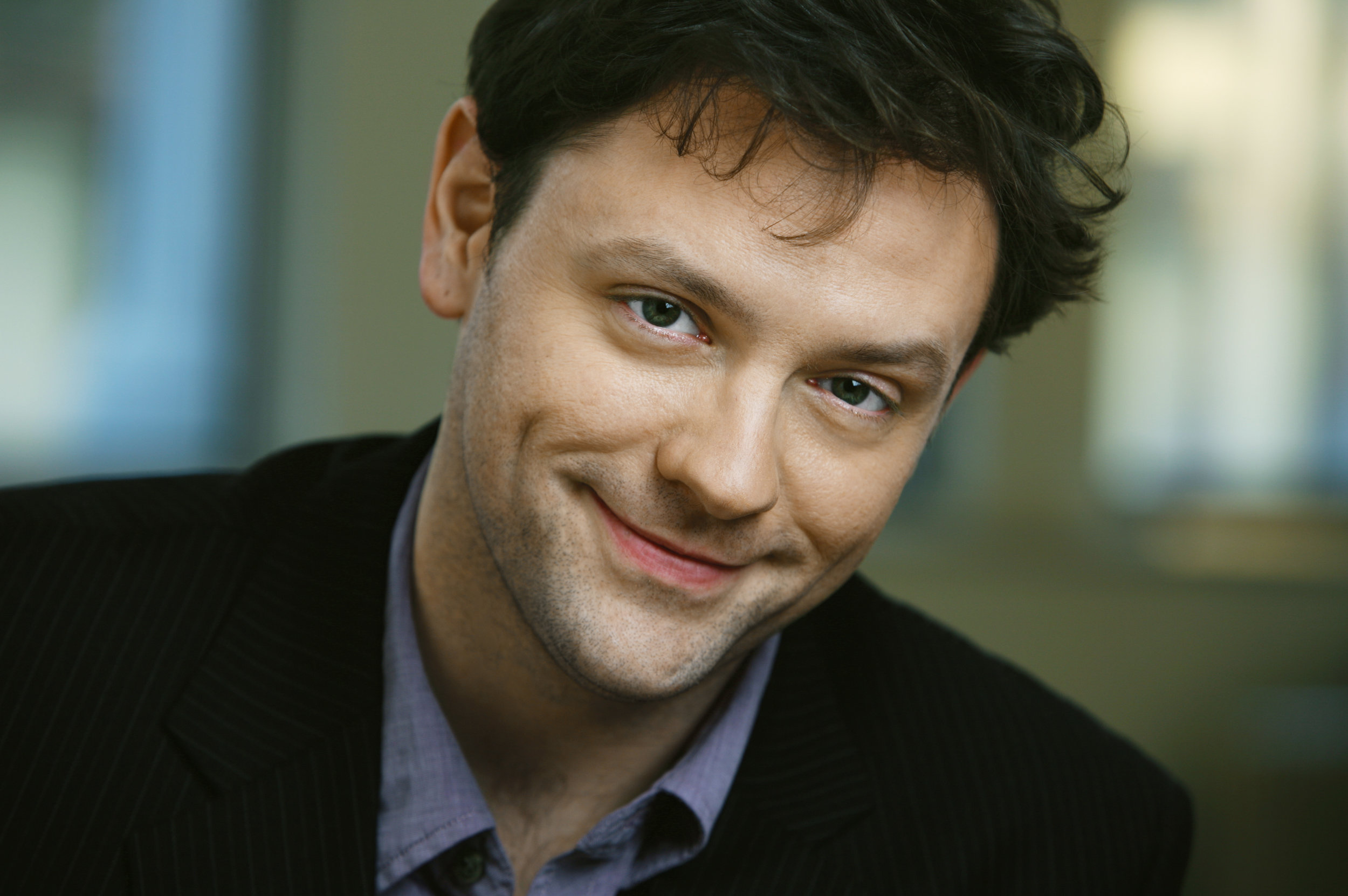
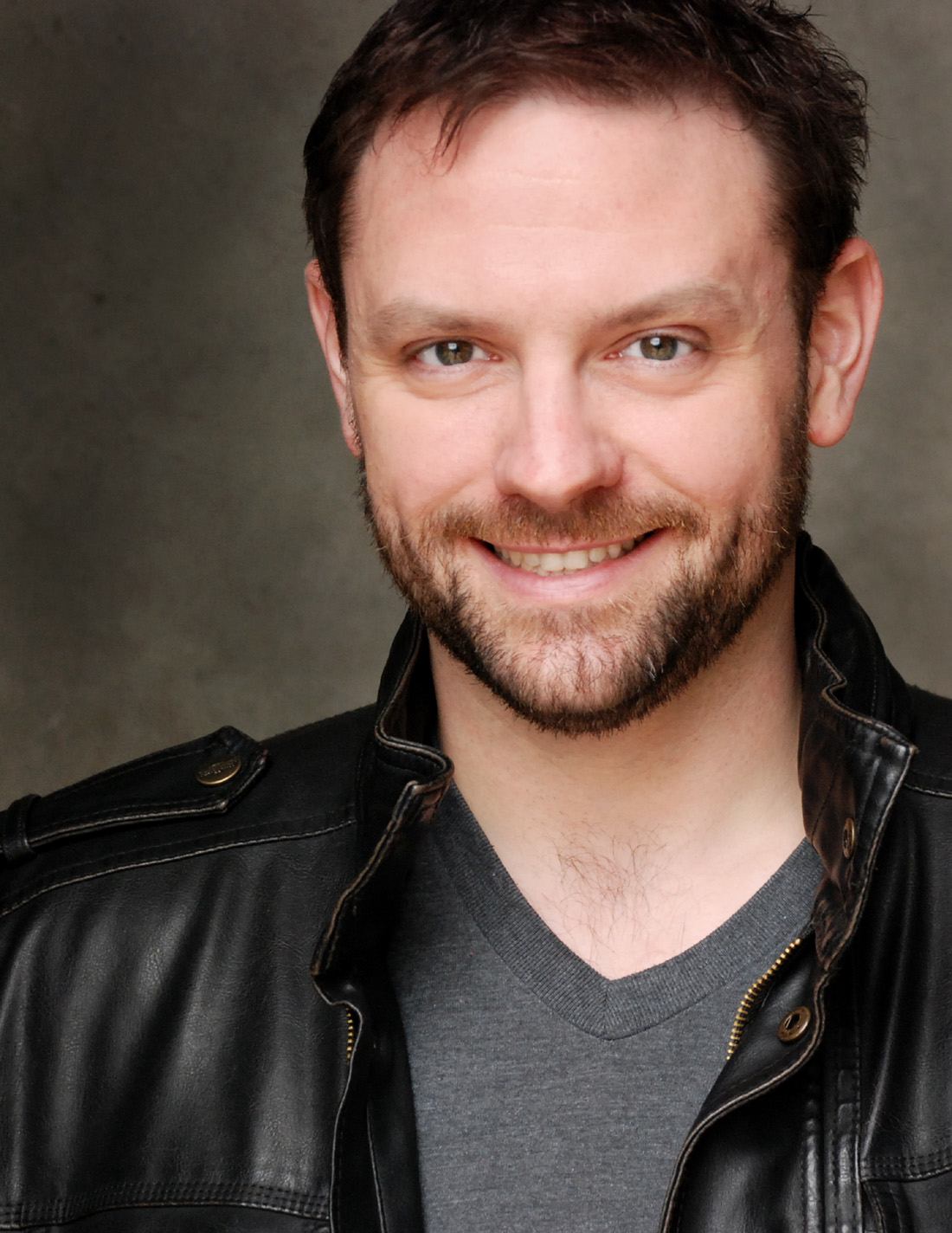

![wes 137pssmall[1].JPG](https://images.squarespace-cdn.com/content/v1/582a413b20099eab9d4de7d1/1480458025645-FIJ888HHL9BNXWUZNV6K/wes+137pssmall%5B1%5D.JPG)


